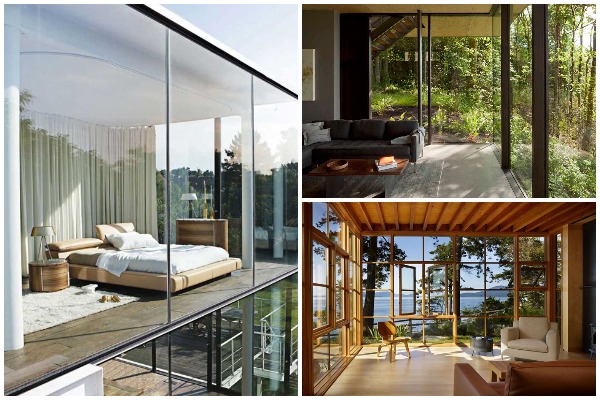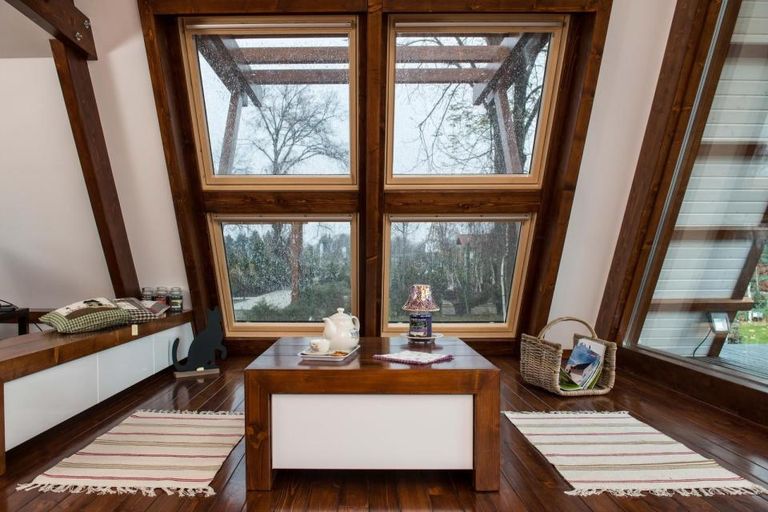
If you are looking for the best way to make your windows more energy efficient, you need to consider the following factors. These include Secondary glazing, Airtight construction, Condensation rating, and Sound insulation. These factors are very important for the energy efficiency of your windows.
Secondary glazing
Secondary glazing is a great way to add extra glazing to your existing windows. Click here for more information. It can help keep out cold winter air, increase your homes energy efficiency, and is a great option for listed buildings and conservation areas. Secondary glazing can be fitted onto existing panes and does not require planning consent.
Secondary glazing is available in several different types, each with different advantages. The most popular type is the horizontal sliding secondary glazing, which can come in a range of designs.
It has two to five panels and is suitable for thermal and sound insulation. It is easy to access and doesn’t interfere with curtains and other window treatments.
Secondary glazing has many benefits, but it is not ideal for all homes. Although it offers better thermal efficiency than primary glazing, it cannot completely replace the window design.
Secondary glazing can be installed near the primary windows and can provide impressive results, but it won’t have the same impact as full double glazing. However, the thermal conductivity of the seal is much lower than air, so secondary glazing can help keep the temperature of your home more stable.
Secondary glazing can also help reduce noise. Because it contains two separate panels, it serves as an effective noise barrier. The larger the gap between the two panels, the more effective it is at dampening noise. This is important because noise pollution can have deleterious effects on human health. Click the link: https://www.ncbi.nlm.nih.gov/pmc/articles/PMC1253729/ for more information.
However, secondary glazing requires an internal secondary pane that needs to be fitted. The secondary window will be fitted in its own frame and will be sealed around its edges to provide better thermal efficiency.

Airtight construction
Airtight construction of double-glaze windows involves the application of continuous sealants to the interior of the glass sheets and frame. These sealants prevent air from penetrating the glass and prevent moisture from escaping. Moreover, the continuous sealants prevent air from leaking out through the joints between glass sheets and frame members.
In addition, the double-glazed windows are very energy-efficient. This means that they help you save electricity and heat, allowing you to save money on your electric bills. This kind of window is commonly used in almost every part of the world. It is an excellent choice for homes and offices, as the heat reflects away from the interior as the outside air is cooled.
Double-glazed windows are insulated with an inert gas, most often argon. This gas is more dense than air, and allows less heat to escape and less cold to enter. Airtight construction of these windows also eliminates the need for condensation between the window panes.
Condensation rating
Double glazing windows can be frosty and prone to condensation. These condensation problems can be frustrating and can reduce the life of your window unit. The experts at Ace Windows North East can help insure your panes are properly installed to prevent issues. They also increase the risk of mold, which can damage the pane frame. Condensation can also occur if the pane is very old.
When looking for a new pane, you should consider the condensation rating to determine how well it will protect your home. The condensation rating of double glazed panes measures the amount of moisture that can collect on the glass. It can range from one to 100. A lower condensation rating means that you’ll need more frequent maintenance, which can increase the cost of your pane.
The NFRC has established a standard method to measure condensation resistance. These standards take into account the performance of the frame, spacer, and glazing..
Condensation can also affect the frame of the pane, so making sure your panes are weatherproof is essential. It will help keep more of the heat inside the home, which is beneficial for you as well as the environment. Besides helping your home remain more comfortable during the cold months, this process will also help reduce carbon pollution and outside noise interference.
There are several different factors that cause condensation in panes, including the temperature inside the home and the relative humidity. It’s important to note that the higher the humidity, the higher the risk of condensation. In addition, high-quality panes will reduce air leakage, so they can help reduce the chances of condensation.
Sound insulation
In a typical building, this process reduces noise to a certain level. The frequency at which sound waves are reflected off of glass is around 200-400 Hz. However, the amount of airspace between two panes of glass can be increased to provide greater sound insulation. In some cases, an increase in airspace between two panes of glass can improve sound insulation by seventy percent or more.
Another way to increase sound insulation is to install a fence between your house and the street. This will help control the noise from passing vehicles and will also help block sound waves.
There are a number of different ways to soundproof panes, which will vary according to your circumstances and budget. In most cases, this process can reduce sound by as much as 75 percent.